



Kerala will be "extreme poverty-free" by November 1, 2025, a goal achieved through a decentralized model led by local bodies and Kudumbashree. They identified vulnerable families and addressed their food, health, and housing needs, marking a significant step in inclusive growth and SDG-1.
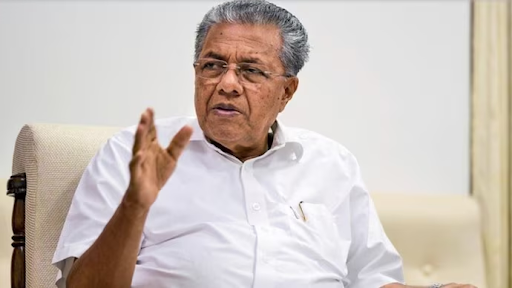
Copyright infringement not intended
Picture Courtesy: INDIATODAY
On November 1, 2025, Kerala will become the first Indian state to be officially declared "free of extreme poverty".
|
Read all about: |
Kerala's "Extreme Poverty Eradication Project" (EPEP), launched in 2021, is key to its effective anti-poverty strategy.
Targeted Identification
Individualized Micro-Plans
Convergence of Welfare Schemes
Focus on Basic Necessities
Vulnerability to Relapse
Households exiting poverty are at risk of falling back due to economic shocks, health emergencies, or loss of an income earner. Continuous monitoring and strong social safety nets are crucial.
Demographic and Economic Pressures
Kerala faces challenges from high living costs and a growing elderly population, straining social security and creating new vulnerabilities.
Persistent Inequalities
Income disparities between urban and rural areas, and broader economic inequalities, may persist, requiring ongoing targeted interventions.
The Dynamic Nature of Poverty
Poverty is not static; climate change impacts and evolving economic landscapes necessitate flexible, adaptive policies, including "distress relief funds" at local levels.
Addressing Migration and Untraceable Families
Provisions are needed to assist nomadic or migrant groups who are difficult to trace, both if they return to the state and to prevent others from falling through the cracks.
Adopt a Multidimensional Approach
Move beyond income-centric poverty definitions to address deprivations in health, education, and standard of living, as advocated by NITI Aayog's MPI framework.
Strengthen Decentralized Governance
Empower Local Self-Government Institutions (LSGIs) with greater financial and administrative autonomy to identify and address local needs effectively, and ensure last-mile delivery of welfare programs.
Invest in Human Development
Prioritize long-term investments in universal education and healthcare, as these foundational social infrastructures are critical for sustainable poverty reduction.
Ensure Women Empowerment
Replicate successful community networks like Kudumbashree, leveraging women's self-help groups for microfinance, livelihood generation, and community-led development initiatives.
Implement Data-Driven and Targeted Interventions
Conduct grassroots surveys to identify the most vulnerable and create individualized micro-plans, ensuring resources reach those most in need.
Ensure Inter-departmental Convergence
Facilitate seamless coordination among various government departments (e.g., local self-government, health, revenue, transport) to ensure holistic support and avoid duplication of efforts.
Align with SDGs
Kerala's success directly contributes to Sustainable Development Goal 1 (No Poverty), providing a model for states to align their policies with global sustainability targets.
Kerala is close to achieving "extreme poverty-free" status, a first in India, due to strong political will, local governance, and community involvement. The "New Kerala Model" balances development through oversight, social safety nets, and adaptability, using data-driven, local strategies and social justice for an equitable society.
Source: INDIATODAY
|
PRACTICE QUESTION Q. Poverty is not just a lack of money; it is not having the capability to realize one's full potential as a human being." Critically analyze. 250 words |
The National Food Security Act (NFSA), enacted in 2013, guarantees subsidized food grains to up to 75% of the rural and 50% of the urban population. Its main objective is to ensure food and nutritional security by providing access to adequate, quality food at affordable prices.
MGNREGA is a rural scheme guaranteeing 100 days of wage employment in a financial year for adult members of rural households who volunteer for unskilled manual work. It aims to enhance livelihood security and create durable assets.
PMAY is a housing scheme to provide affordable "Housing for All". PMAY-Gramin (PMAY-G) provides permanent houses to rural homeless and those in dilapidated homes. PMAY-Urban (PMAY-U) offers interest subsidies and assistance for urban dwellers across different income groups.

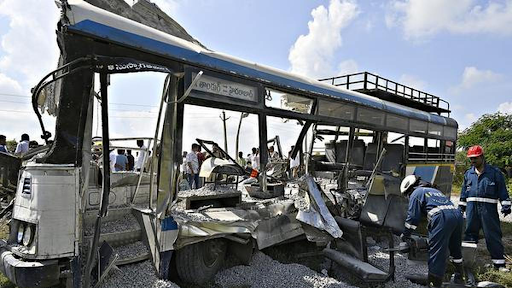
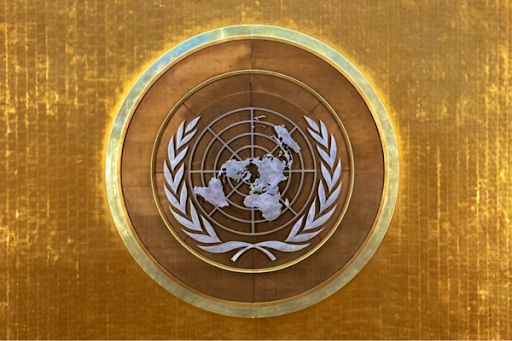
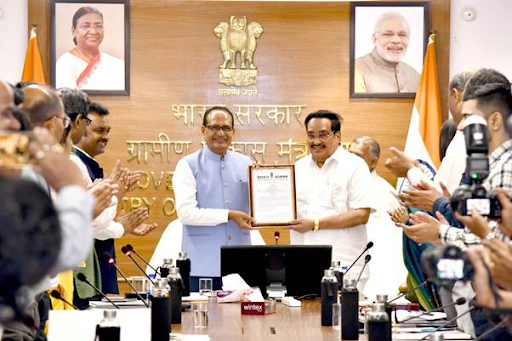
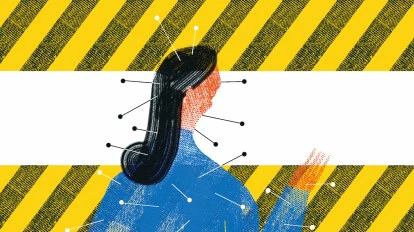
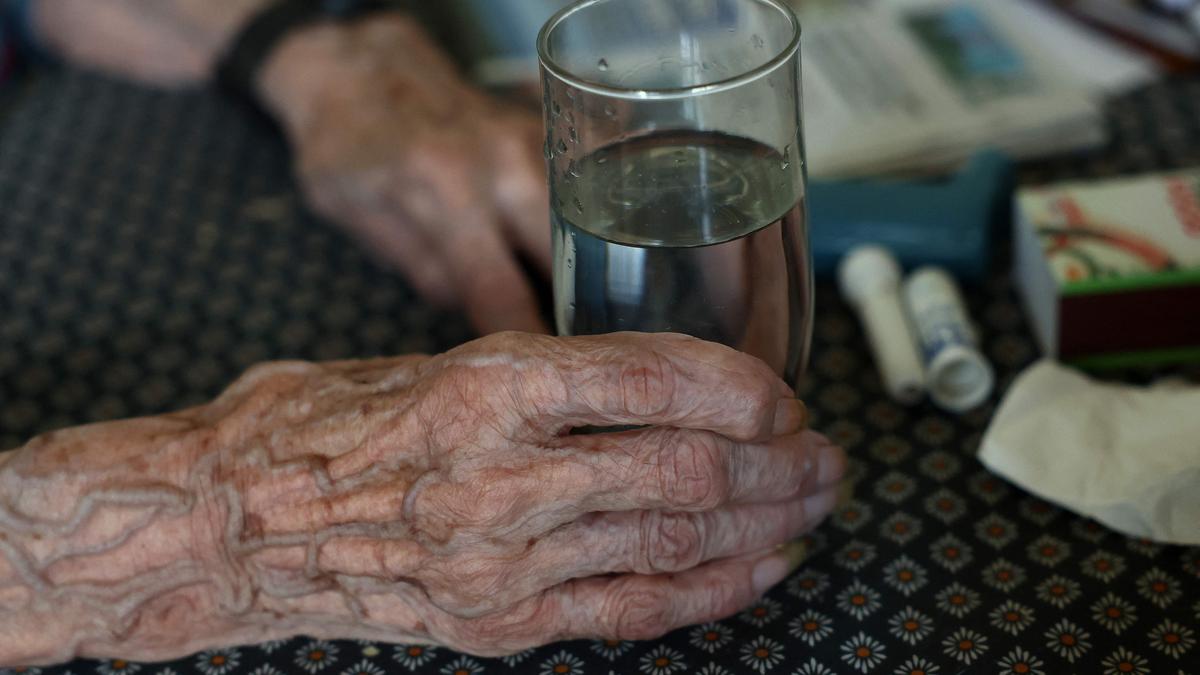

© 2026 iasgyan. All right reserved